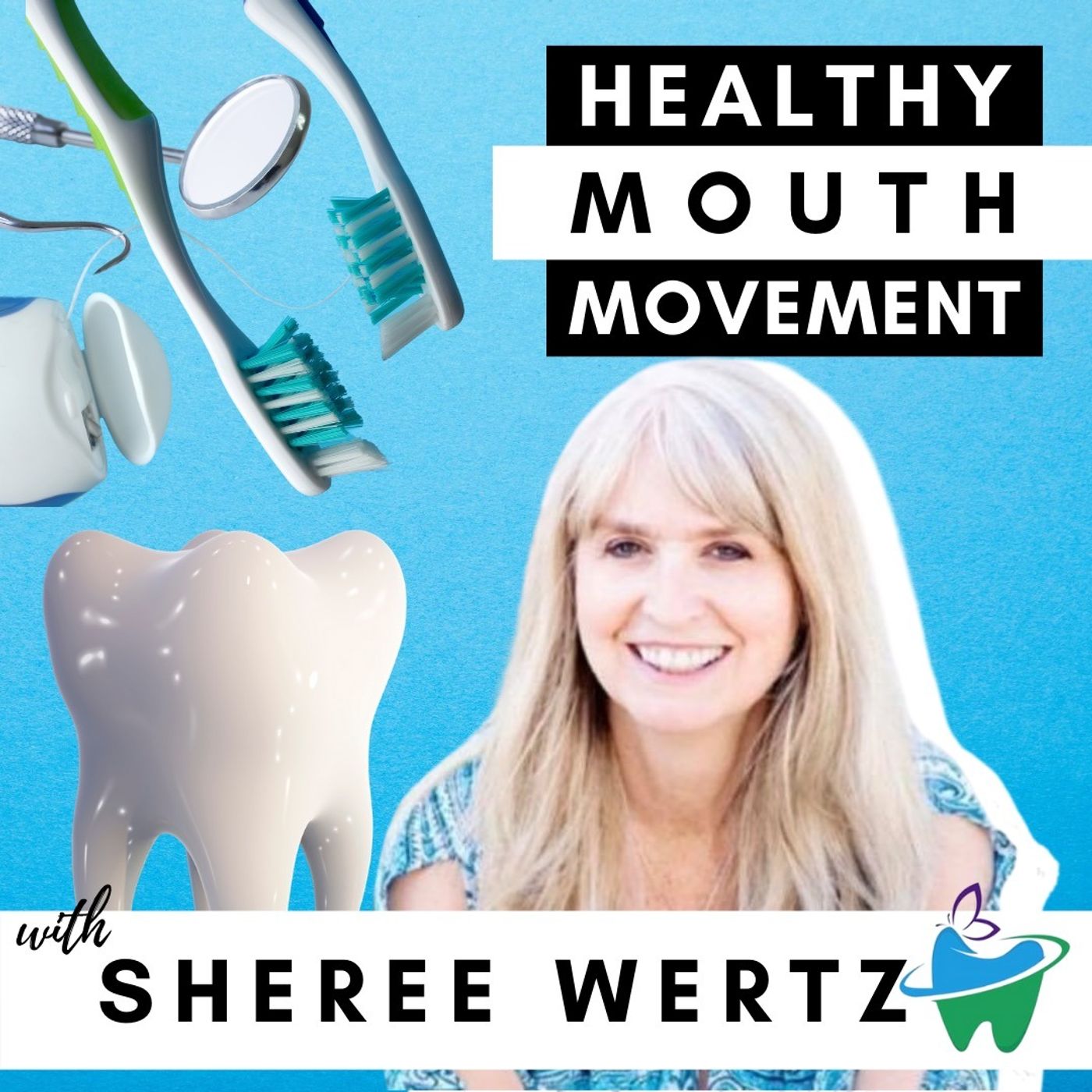- After-Shows
- Alternative
- Animals
- Animation
- Arts
- Astronomy
- Automotive
- Aviation
- Baseball
- Basketball
- Beauty
- Books
- Buddhism
- Business
- Careers
- Chemistry
- Christianity
- Climate
- Comedy
- Commentary
- Courses
- Crafts
- Cricket
- Cryptocurrency
- Culture
- Daily
- Design
- Documentary
- Drama
- Earth
- Education
- Entertainment
- Entrepreneurship
- Family
- Fantasy
- Fashion
- Fiction
- Film
- Fitness
- Food
- Football
- Games
- Garden
- Golf
- Government
- Health
- Hinduism
- History
- Hobbies
- Hockey
- Home
- How-To
- Improv
- Interviews
- Investing
- Islam
- Journals
- Judaism
- Kids
- Language
- Learning
- Leisure
- Life
- Management
- Manga
- Marketing
- Mathematics
- Medicine
- Mental
- Music
- Natural
- Nature
- News
- Non-Profit
- Nutrition
- Parenting
- Performing
- Personal
- Pets
- Philosophy
- Physics
- Places
- Politics
- Relationships
- Religion
- Reviews
- Role-Playing
- Rugby
- Running
- Science
- Self-Improvement
- Sexuality
- Soccer
- Social
- Society
- Spirituality
- Sports
- Stand-Up
- Stories
- Swimming
- TV
- Tabletop
- Technology
- Tennis
- Travel
- True Crime
- Episode-Games
- Visual
- Volleyball
- Weather
- Wilderness
- Wrestling
- Other
For Thousands Of Years Human Did Not Brush Their Teeth! So Why Do We Do It Now?
In this episode, we delve into the intriguing journey of toothbrushing and explore why humans have embraced this daily oral hygiene routine. We also examine the significant role that diet plays in dental health and how modern dietary patterns have necessitated the adoption of toothbrushing as an essential practice.For thousands of years, our ancestors did not brush their teeth. So, why do we prioritize toothbrushing now? The evolution of toothbrushing is a testament to human ingenuity, cultural progress, and scientific advancements. We'll take a closer look at ancient tooth-cleaning methods used by civilizations worldwide and how they paved the way for the modern toothbrushes and toothpaste we use today.Additionally, we'll explore the emergence of dental health awareness and its impact on oral hygiene practices. Improved knowledge about dental health and its connection to overall well-being has led to a widespread adoption of toothbrushing in recent centuries. Work on building healthy oral habits or consult a dentist today! Key Takeaways:- Toothbrushing is not solely a response to awareness.- Brushing our teeth is a response to changes in our diets. Our modern dietary habits, characterized by increased consumption of sugar, acidic foods, and processed meals, have taken a toll on our dental health.- Understanding the historical context and the dietary impacts will empower us to make informed choices about our oral health.- Lack of oral hygiene practices lead to diseases in our bodies. Dental plaque and tartar build-up: Neglecting proper toothbrushing allows dental plaque, a sticky film of bacteria, to accumulate on teeth.- Over time, plaque can harden into tartar, a calcified deposit that cannot be removed by brushing alone. Tartar harbors bacteria, leading to gum inflammation, bad breath, and an increased risk of cavities.-When plaque bacteria interact with sugars and carbohydrates in the mouth, acids are produced. These acids attack the tooth enamel, leading to tooth decay or cavities- Inadequate toothbrushing exacerbates the risk of cavities, particularly in areas that are difficult to clean.-Insufficient toothbrushing allows plaque bacteria to accumulate along the gum line, causing gingivitis. If left untreated, gingivitis can progress to periodontitis, a more severe gum disease that damages the tissues and supporting structures around the teeth.- Teaching kids to brush their teeth is important for establishing good oral hygiene habits, preventing dental diseases, promoting healthy development, protecting overall health.- Starting early and providing guidance and support as they learn to brush their teeth sets the stage for a lifetime of good oral health.

